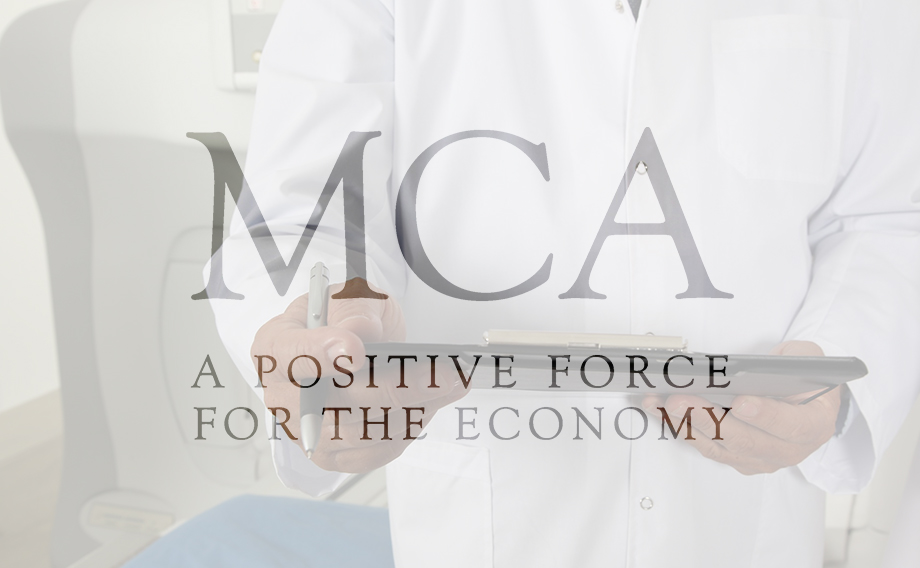Every year the MCA Awards highlight outstanding consulting projects that realise huge benefits to NHS trusts: deploying technology to enhance patient care and experience, integrating and personalising care, and improving efficiency and service standards. Consultancies are bringing benefits to both patients and taxpayers.
So it was a surprise, to say the least, to receive a copy of some research that claims to demonstrate the opposite. We decided to take a close look at what the academics have to say.
The first point worth making is that this was a statistical exercise, not a review of actual consulting projects. This approach can have some validity, but it can also pose more questions than it answers. The results you get are only as good as the data that you use.
In this case, the data has weaknesses. It doesn’t distinguish between different types of spend, so that it muddles, for instance, the employment of interim managers with value-adding consulting projects. Nor does it look at the many different types of assignments given to consulting firms, ranging from improving patient pathways, reviving IT systems and communication strategies, dealing with financial crises and working to improve staff productivity and morale.
And, in any case, even if you get a correlation, it is not the same as demonstrating cause and effect.
For instance, the researchers concede that the greatest users of management consultancy services in the health service may well be the least efficient trusts, precisely because they are the least efficient.
For obvious reasons, the worst performing trusts are often directed by their regulators to use consultants to improve their performance, or to respond to organisational reforms legislated for by Parliament. Many consulting projects today are the consequence of the government’s decision to reform the structures of the NHS in 2010.
Does this mean that management consultants are creating inefficiency? Of course not.
Nor does the research recognise that the best consulting projects can stimulate essential programmes of investment and modernisation, increasing some spending in the short-term in order to deliver better outcomes and effectiveness in the medium and longer-term. The best strategy might well be to take the necessary time to achieve a turn-around in organisational performance.
Should we therefore forbid trusts from acting on the recommendations they receive, when they can make the difference between a sustainable future or limping from financial crisis to crisis? Of course not.
As an industry, we favour transparency and accountability. Many of our member firms prefer contracts that only pay them in full when they achieve outstanding results. All of them are committed to our Consulting Excellence scheme which sets out our principles of client service and value and ethical behaviour.
We also work with the Consultancy Buyers Forum to promote effective evaluation of consulting performance and value. We are encouraging the Crown Commercial Service to promote good practice throughout the public sector.
And we would love to see more and better research into the impact of consulting on different sectors. The MCA Awards, and our industry data, shed important light on this. We discovered that private sector clients believe that each £ spent on consulting generates benefits worth an average of £6.
So let’s do this: undertake a thorough study of the range and impact of real consulting projects throughout the health service and agree on what works. We can calculate the return on investment, and help buyers to gain best value. We can see whether consulting is doing enough to help the NHS innovate. We can explore why some projects don’t result in the action that is needed and how the best trusts manage their relations with consultancies. We would be happy to do this with an academic institution or a think tank.
But let’s never, never, deny our NHS access to the skills, insights and experience of the UK’s consulting industry. Taxpayers, patients and NHS staff deserve no less.

